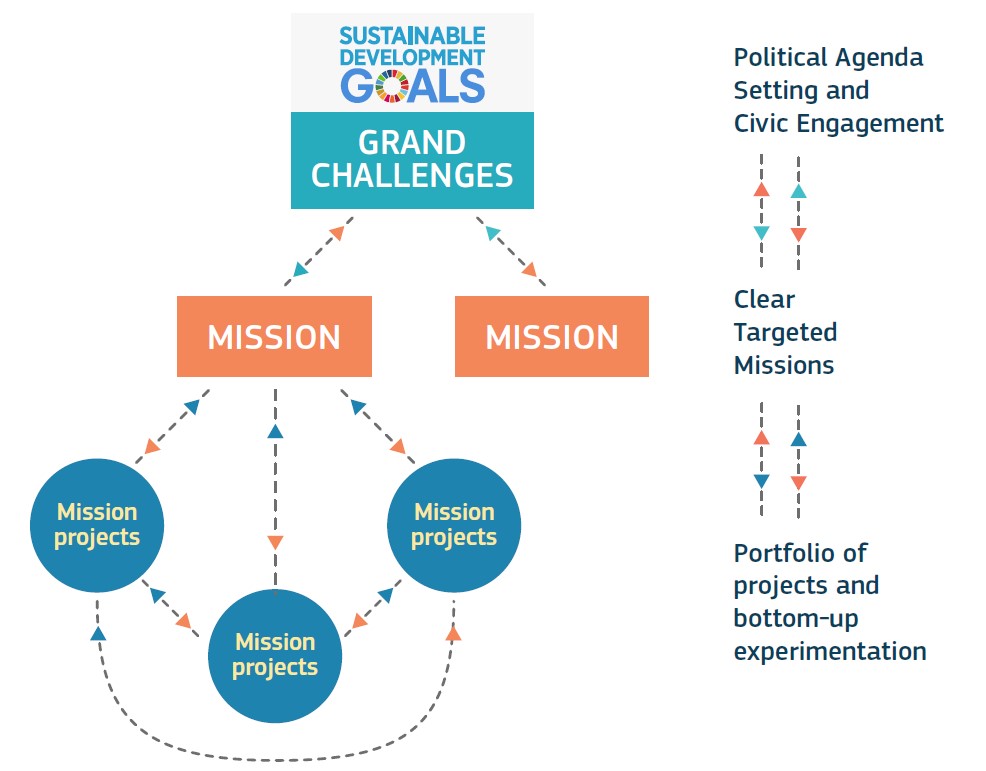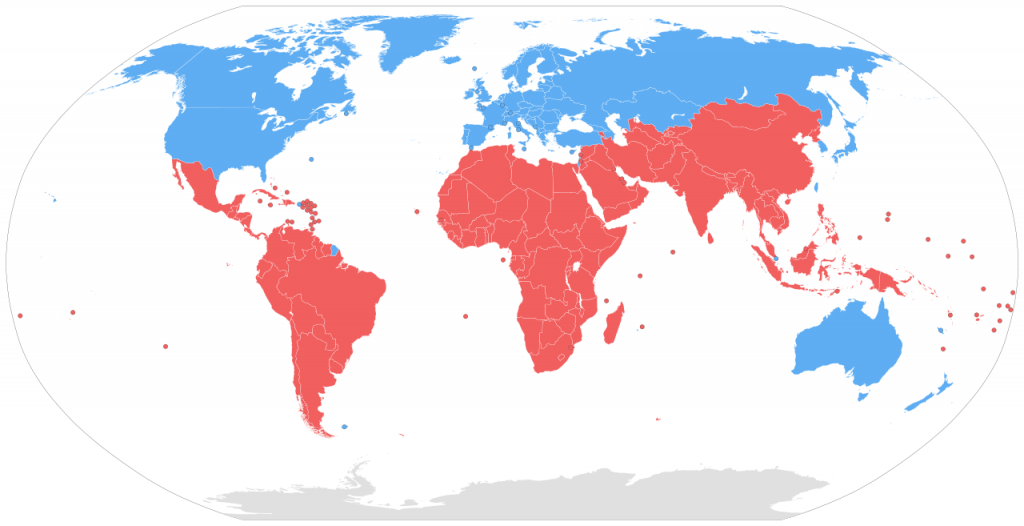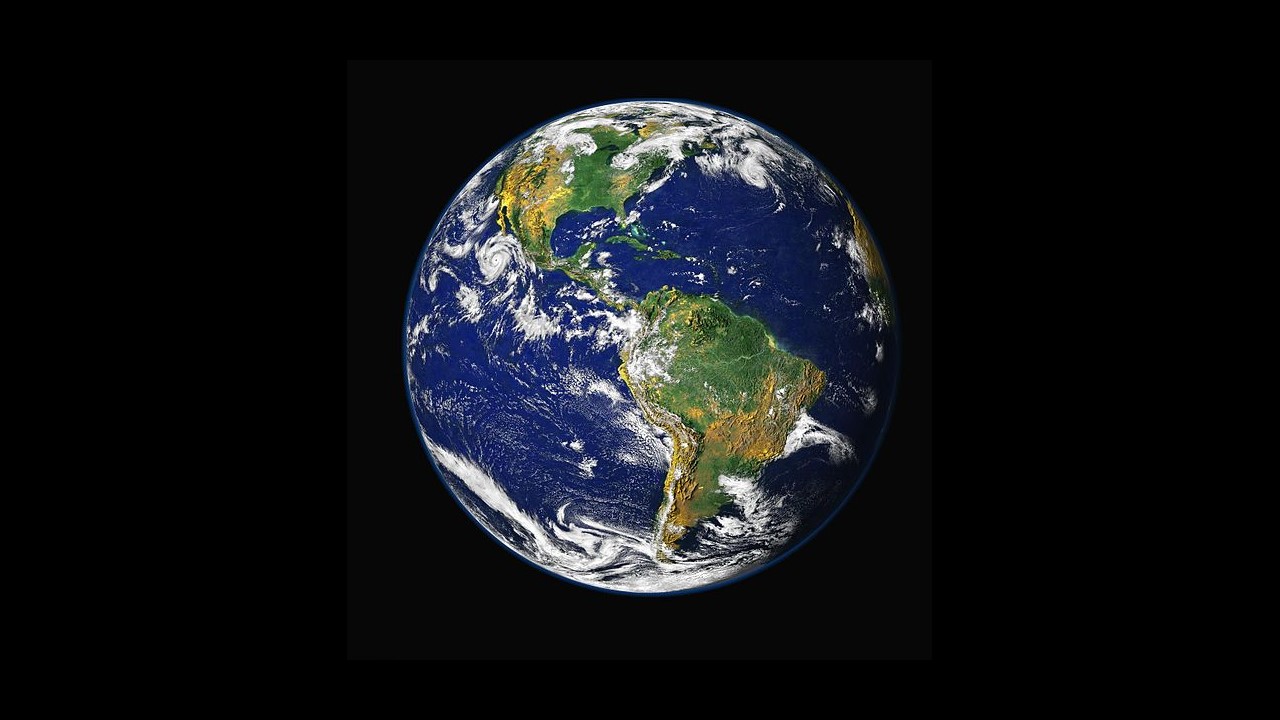The biggest EU funding programme for research and innovation so far, Horizon 2020, is in its last pages, before we will step into a new era of Horizon Europe. The new programme holds a lot of expectations for improvements related to, for example, creation of more impact with citizens’ involvement and mission-oriented approach, strengthening of international cooperation, and creation of new approaches to partnerships – including Global South participation. At the same time, there are several uncertainties related to these. Moreover, different actors – universities, research institutes, industrial sector and enterprises – have different, sometimes also conflicting, expectations. From the universities’ point of view it will be crucial, how much funding will be allocated to research, also outside of the excellence science scheme. This is, however, difficult to evaluate yet, as we don’t know the details of the Pillar 2 of the programme (Global Challenges and Industrial Competitiveness), and especially about the Missions – a novel aspect of the programme located in this pillar.
What are Missions?
Evaluations of Horizon 2020 programme have concluded that the next EU framework programme for research and innovation should become closer to citizens and make it easier to understand the value of the investments and their impact (The interim evaluation of Horizon 2020). Mission-oriented approach is supposed to be the answer to this. Missions will be large-scale top-down funding schemes within the programme aiming at comprehensive problem solving with clear and measurable targets. They will address the commonly recognized and complex global challenges, such as climate change adaptation or carbon-neutrality, with multiple projects working for the same aim. Missions should also be bold, generating innovations across sectors, actors and disciplines, and enable bottom-up solutions (Mazzucato 2018). It remains to be seen how well these top-down funding schemes and bottom-up solutions will reconcile, i.e., how feasible it will be to generate novel solutions within strictly defined settings. At least there exists a strong global pressure to address the recognized challenges – hopefully missions can do it effectively. Tentative areas for missions are: 1) Adaptation to Climate Change, including Societal Transformation, 2) Pediatric Cancer, 3) Healthy Seas, Oceans and Natural Waters, 4) Carbon-Neutral and Smart Cities, 5) Soil Health for Sustainable Food.

Soon the commission will open a call for mission board experts. The experts will have an important role in designing the detailed content of the missions and in the evaluation of the mission projects. Thus, it would be important to get as many academics as possible in the mission boards to ensure the role of research and science-based problem solving within the missions.
Global challenges, global responsibility and global participation
Participation from outside Europe, from developing or emerging economy countries in particular, has explicitly been encouraged in EU framework programmes. But why do we need to include these areas? The answer is very simple. The current societal challenges are complex and global in nature. Addressing them properly requires global cooperation and interaction between different sectors: the socio-economic world, policy makers, science and technology, as well as civil society. We continuously call for strong European cooperation to solve the global challenges (Mazzucato 2018). However, these challenges do not end at the European borders. The effects – direct and indirect – cross the borders concerning each nation and human being. Thus, we need to take global responsibility for the challenges and include global actors to solve them. This may need a drastic change of thinking to profoundly understand the importance of global responsibility.
The possibilities to achieve the UN’s sustainable development goals, which form the basic values of our society, will also strongly increase by the participation of developing or emerging economy countries. Sustainable development is also one of the key values of the University of Turku, as well as of Finnish Universities’ co-operational organization (UNIFI). Finland’s EU presidency, starting in July 2019, will give an excellent opportunity for Finland to boost these values in international science policy.
Participation by developing or emerging economy countries will also bring much needed added value for Europe through the spreading of novel European technologies, innovations, expertize and potential markets at global level. For universities, the global participation is beneficial because of expanded collaboration networks and new long-term partnerships, which will boost new innovations and scientific breakthroughs.
Role of Global South – past views, challenges and future prospects
Global South, a largely debated term, refers to what may also be called the Developing World (i.e., Africa, Latin America, and the developing regions of Asia). In general, Global South countries have colonial histories, and they are currently in varying socio-economic situations with large inequalities in living standards and access to resources. There are several definitions for Global South. I will use here a traditional definition, North including United States, Canada, Europe, Russia, Japan, Korea, Australia and New Zealand, and South covering Africa, Latin America and the Caribbean region, and developing Asia (including the Middle East).

Participation by Global South countries has been low in Horizon 2020 programme in general – only 0.4 % of the total funding, corresponding to 174 M euros of a total 39 billion euros (data from Horizon 2020 dashboard, February 2019). The participation is actually extremely low taking into account the geographical extent of the area, the number of countries and the amount of people living in the area. There are several claims to explain the low funding contribution to these areas, such as “We need to focus on Europe in the first instance”, “Global South partners are not reliable and lack experience”, “Partner countries have their own funds for participation, or partners have been included as so called in-kind partners (without funding)”, etc. These claims may be partially true, but only partially. We may need to ask ourselves, does this kind of reasoning and participation rates help us to address the global challenges properly? I will explain shortly why I think it doesn’t, and give some suggestions for improvements:
Claim: We need to focus on Europe in the first instance.
Answer: As discussed above, global challenges do not respect country borders. Thus, we should not focus only on Europe but amplify our thinking towards a global view.
Claim: Global South partners are not reliable and lack experience.
Answer: We should help Global South partners to enter to the international research and innovation funding landscape to gain experience, first as partners and later also as coordinators. This could be done by spreading information on the funding opportunities and giving trainings on project management, responsible research including research ethics, reporting and budgeting, writing proposals, etc.
Claim: Partner countries have their own funds for participation, or partners have been included as so called in-kind partners (without funding).
Answer: Participation with own funding is a very good practice in the countries that have funds for that (e.g., China and Brazil). Many Global North countries outside Europe participate with the own funding too. Participation without funding, however, does not necessarily encourage to a proper commitment, neither allow taking significant role in the project. Thus, no significant know-how will remain in the participating country, which could be useful regarding the next participation.
Looking at the Global South participation in more detail, we notice that Africa has been significantly bigger beneficiary than Latin America and the Caribbean, or Asia (including the Middle East). Africa has received 64 % (112 M €) of the total Global South contribution, while Latin America and the Caribbean has received only 20 % (35 M €) and Asia 16 % (27M €). The reasons for this can be multiple, starting from practical issues such as geographical distances and language barriers, but also complex world economy. There are also big differences between the countries. To understand properly the underlying causes, the data would need an in-depth analysis by countries, institutions and different funding instruments. It is also important to take into account the views of former and potential future Global South participants. That is actually my next challenge that I will pilot with Peruvian institutions by interviewing research and teaching staff from the local universities and research institutions.
To conclude
The participation from Global South countries in the EU framework programme for research and innovation has been low and strongly focused on few countries. The reasons for that are, at least partially, unclear. In-depth analyses are needed for a comprehensive understanding of the underlying causes. Sustainable strategies to include relevant global actors in the international research and innovation landscape are also needed. To understand the importance of including Global South countries, we may need to change our thinking to a more horizontal direction, and to admit that we need global actors to solve the global problems, which are no limited to Europe.
